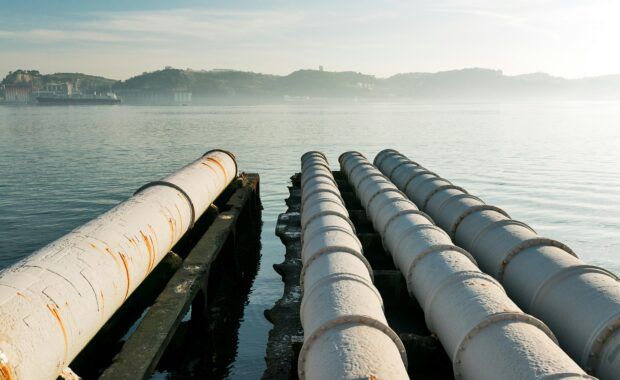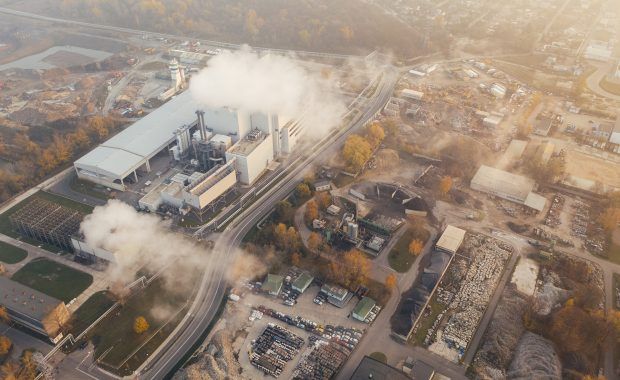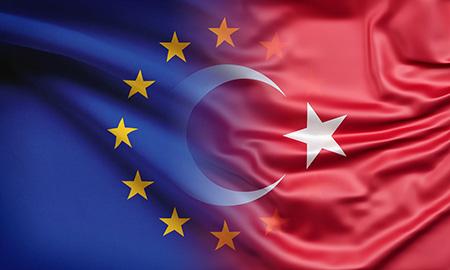The EU‘s demand for natural gas has been declining for 2 consecutive years. After a 13.3% yearly decrease in 2022, demand fell by another 7.4% in 2023, totalling 12.72 million terajoules in 2023. This also marks the lowest demand recorded since the collection of monthly cumulated data began in 2008. This reduction has been affected by measures outlined […]
Read MoreSpain’s bathing waters remain safe
The vast majority of bathing sites in Spain met the highest quality level of EU standards (‘excellent’ quality) in 2023, according to the latest annual bathing water report. This represents 87.6% of the most frequented bathing waters in Spain (EU average: 85.4%). Up to 97% of all officially identified bathing waters in Spain met the […]
Read MoreCouncil approves gas and hydrogen market package
The Council has adopted a regulation and a directive establishing common internal market rules for renewable and natural gases and hydrogen and reforming the existing EU gas legislation. The new rules will help make the shift to renewable and low-carbon gases, in particular hydrogen, in the energy system, with a view to achieving the EU’s […]
Read MoreThe Commission welcomes the agreement on sustainable fisheries reached at Indian Ocean Tuna Commission
The EU welcomes the important decisions reached during the 28th annual meeting of the Indian Ocean Tuna Commission (IOTC), which will make fisheries in the Indian Ocean more sustainable. 11 new conservation and management measures were adopted. After three years of complex negotiations, and based on a proposal from the EU, the Members of the IOTC adopted a […]
Read MoreThe European Commission approves a €120 million Spanish scheme to support investments in strategic sectors of the Asturias region
The European Commission has approved a €120 million Spanish scheme to support investments in strategic sectors in the Asturias region to foster the transition to a zero net emission economy, in line with the Green Deal Industrial Plan. The scheme was approved under the Temporary Crisis and Transition Framework for state aid, adopted by the […]
Read MoreEU boosts readiness to combat 2024 wildfire season
As Europe is preparing for the approaching wildfire season, the EU is taking significant steps to bolster firefighting efforts and safeguard communities, by pre-positioning firefighters and assembling a fleet of firefighting aircraft. First, 556 firefighters from 12 countries will be strategically prepositioned across key locations in Europe this summer, such as France, Greece, Portugal, and Spain, ready […]
Read MoreEuropean Citizens’ Initiative on taxation of greenhouse gas emissions
The European Commission decided to register a European Citizens’ Initiative (ECI) entitled ‘Save the Planet by shifting taxation from labour to greenhouse gas emissions’. The organisers of the initiative call on the Commission to strengthen the Fit for 55 Package and the EU carbon pricing system by setting a faster phase-out of free allowances and allowing […]
Read MoreAction against 20 airlines for misleading greenwashing practices
Following an alert from the European Consumer Organisation (BEUC), the European Commission and EU consumer authorities (Network of Consumer Protection Cooperation – CPC – Authorities) sent letters to 20 airlines identifying several types of potentially misleading green claims and inviting them to bring their practices in line with EU consumer law within 30 days. The CPC […]
Read MoreEU and Türkiye deepen cooperation on green and digital transition
Iliana Ivanova, Commissioner for Innovation, Research, Culture, Education and Youth, and Mehmet Fatih Kacır, Minister of Industry and Technology of the Republic of Türkiye, held the second EU-Türkiye High-Level Dialogue on science, research, technology and innovation in Istanbul. This marks a significant milestone in EU-Türkiye research and innovation cooperation. The two sides have announced that three […]
Read More








